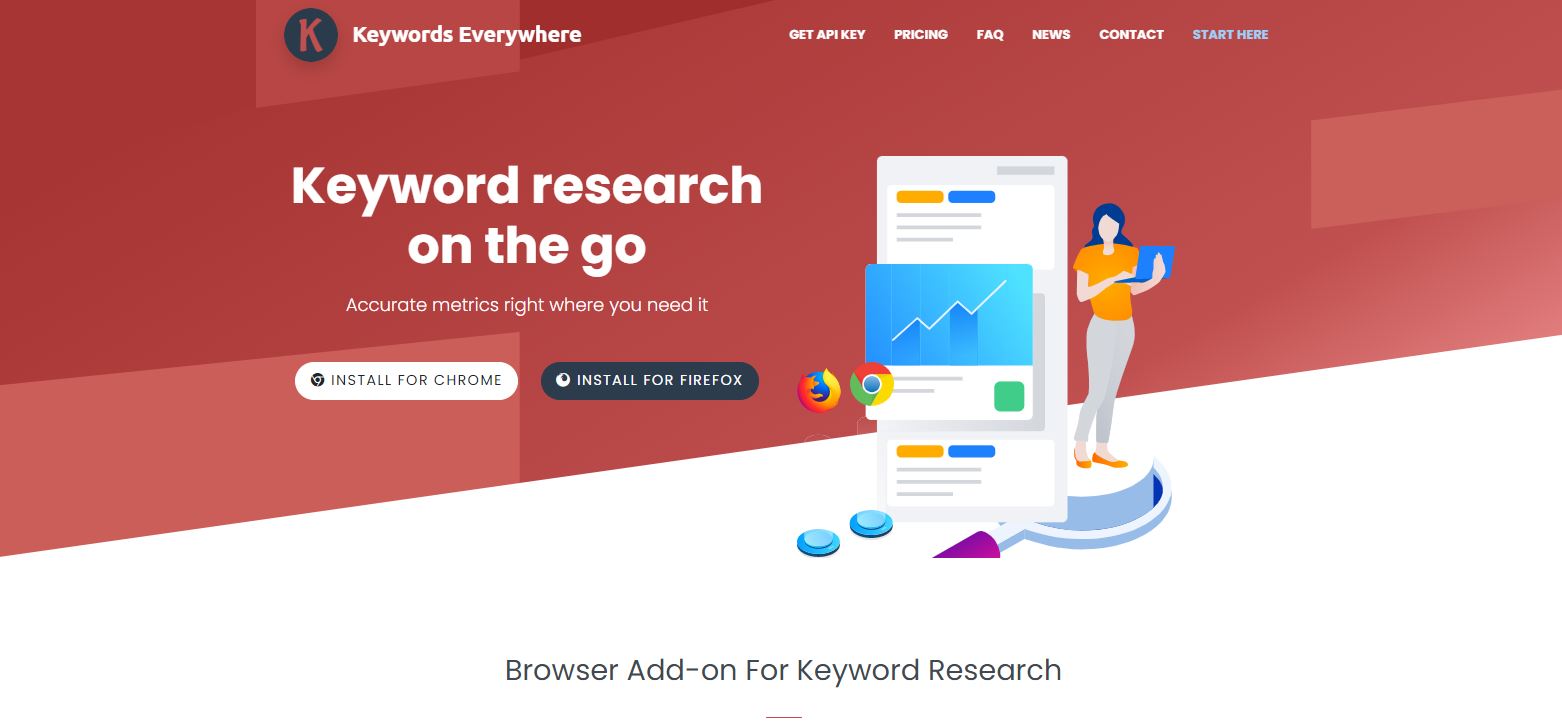Starting with Google Ads can feel like being dropped in a foreign country without a map. But fear not! This guide is your GPS for mastering one of the most important parts of any successful campaign: PPC keyword research. Let’s keep it light, fun, and super simple.
So, what are PPC keywords?
PPC stands for Pay-Per-Click. That means you pay when someone clicks on your ad. Easy, right?
Now, keywords are the words or phrases that people type into Google when they’re searching for something. These are the magic words that can trigger your ad.
Pick the right ones, and you’ve got clicks rolling in. Pick the wrong ones, and your budget could vanish into thin air!
Step 1: Think like your customer
Imagine this: You own a bakery in Denver. A customer wants a birthday cake. What might they type into Google?
Maybe:
- birthday cake near me
- custom cakes Denver
- order cake online
Start jotting down phrases like these. Keep it natural. Think in questions, casual phrases, and even mistakes people might type.

Step 2: Use keyword tools (your secret weapon!)
Don’t guess. Use the tools. Google has a free tool called Keyword Planner inside Google Ads.
Here are a few other tools that can help:
- Ubersuggest – beginner-friendly and free
- SEMrush – powerful but has a learning curve
- AnswerThePublic – great for question-based queries
These tools show how many people search for a keyword, how competitive it is, and how much it might cost per click.
Pro tip: Look for a balance! You want keywords with decent traffic but not crazy competition.
Step 3: Know the keyword types
Keywords aren’t all the same. In Google Ads, you’ve got match types. These tell Google how closely a keyword must match a person’s search before your ad shows.
- Broad Match: Shows for anything related. (Caution: very loose!)
- Phrase Match: Shows if the search includes your phrase. (More control.)
- Exact Match: Shows only for that exact phrase. (Very targeted!)
Start with a mix and test what works. Monitor results and adjust from there.
Step 4: Don’t forget negative keywords!
This is a superpower most newbies ignore. A negative keyword tells Google NOT to show your ad when that word is used.
If you sell luxury watches, you might want to block ads for:
- cheap watches
- free timepieces
- DIY watch kits
It keeps the wrong clicks (and wasted money!) away.

Step 5: Check out the competition
Type your main keywords into Google and see who’s showing up on top. These are your competitors—and they’ve probably spent time perfecting their keywords.
Click on their ads (but not too often 😏) and look at their landing pages. What words do they use? What tone? What offers?
Borrow ideas, but always add your unique spin.
Bonus Tips for First-Time Advertisers
- Start small: Focus on 5 to 10 keywords first.
- Use location modifiers: Add your city or region to narrow things down.
- Group keywords by theme: This makes your ads more relevant and improves Quality Score.
- Use A/B testing: Test different ads for each keyword group.
The Final Word
PPC keyword research might feel a bit overwhelming at first—but like baking, riding a bike, or folding a fitted sheet, it gets easier with practice.
Stick with it, use the right tools, and always keep the customer in mind. Once your keywords are dialed in, your ads will be working while you sleep (no fairy dust required).
Welcome to the fun, fast-paced world of Google Ads!